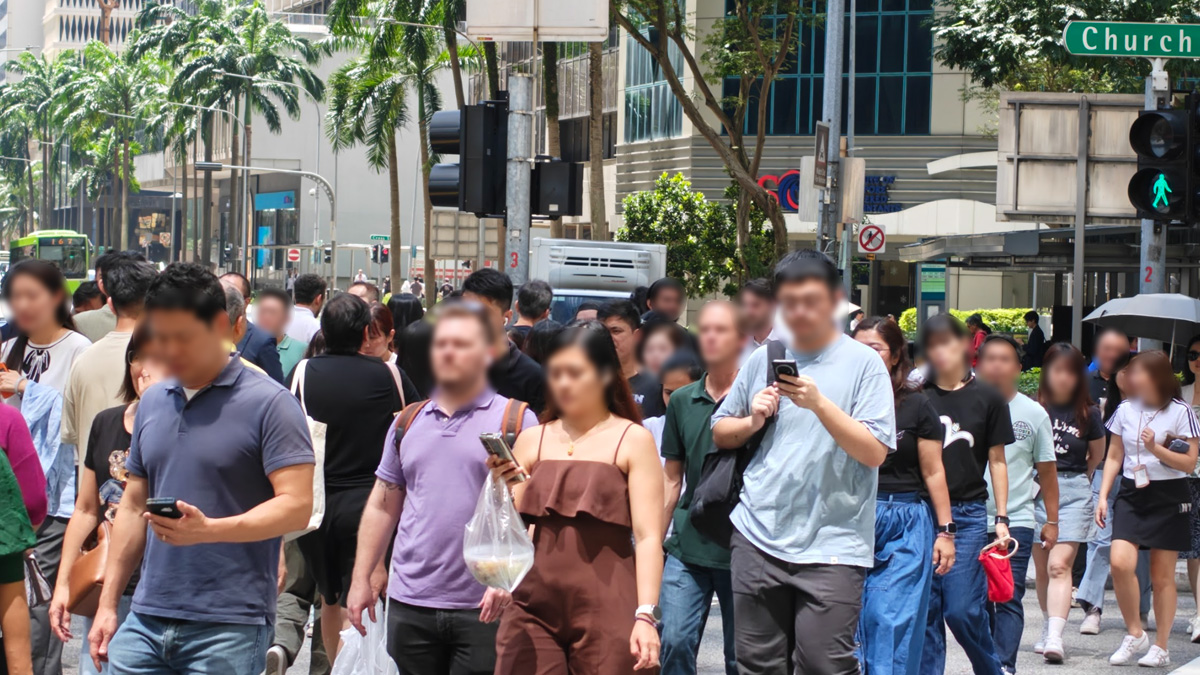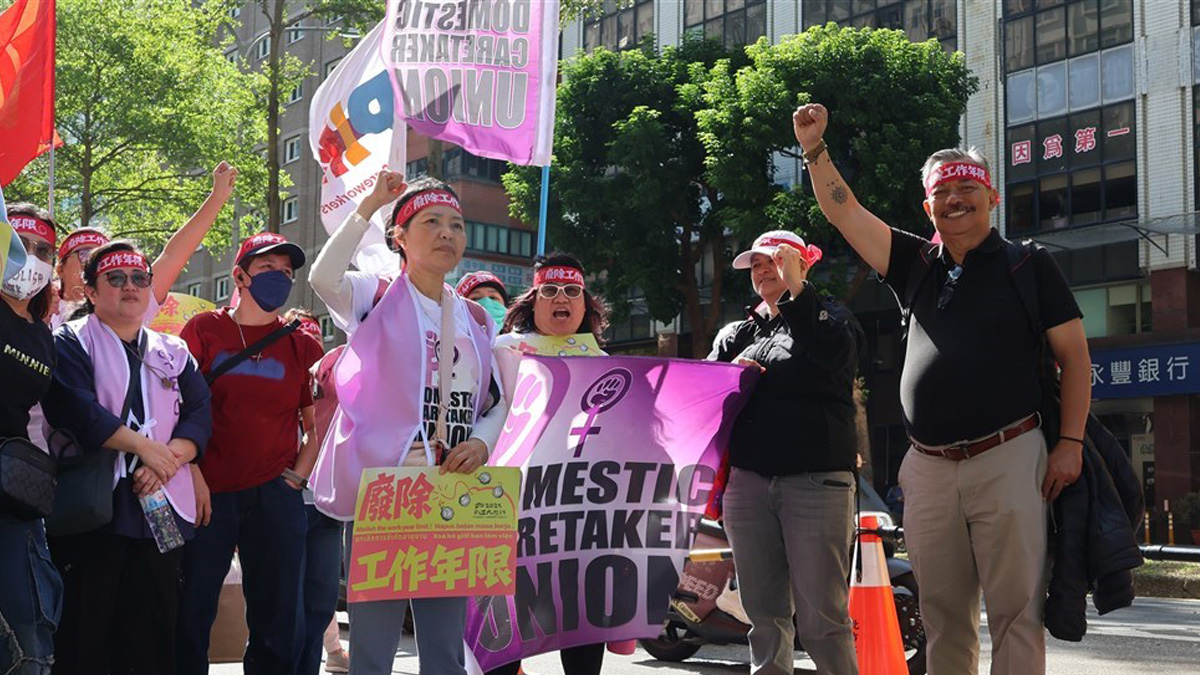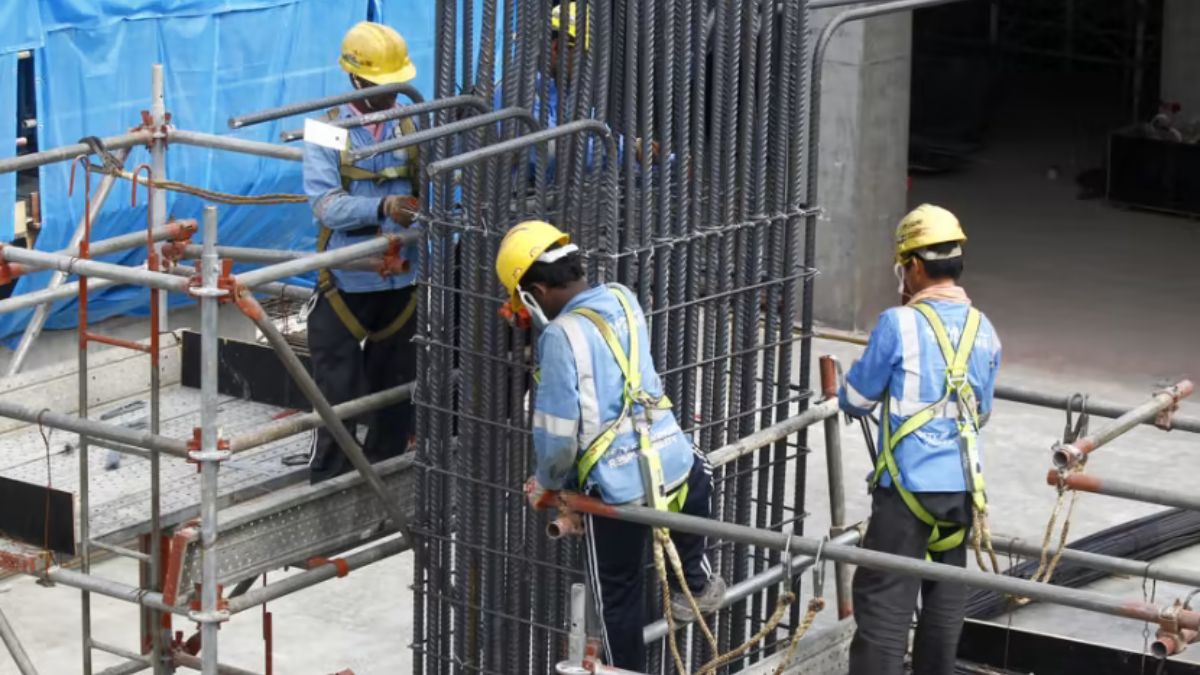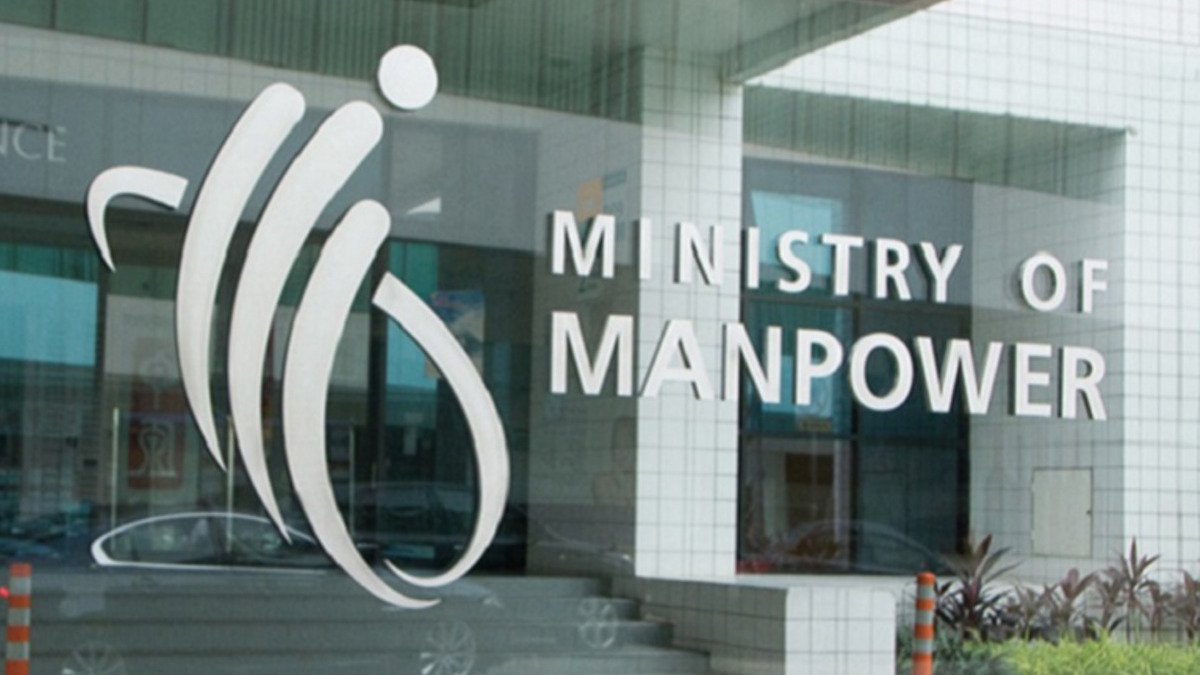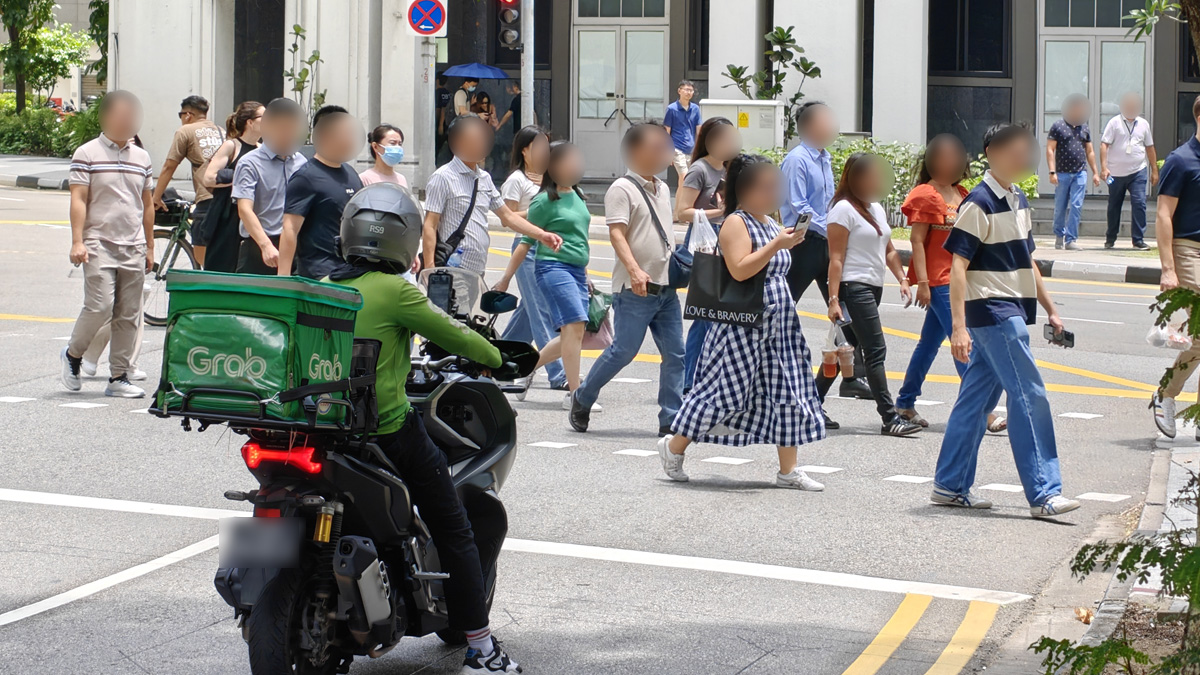MOM investigates Training Employment Pass abuse after 120 reports in 2025
Singapore’s Ministry of Manpower (MOM) has received 120 reports of Training Employment Pass (TEP) abuse in 2025, as concerns grow that the scheme is being exploited to bring in low-wage foreign workers under the guise of professional training. Investigations and enforcement actions are ongoing.
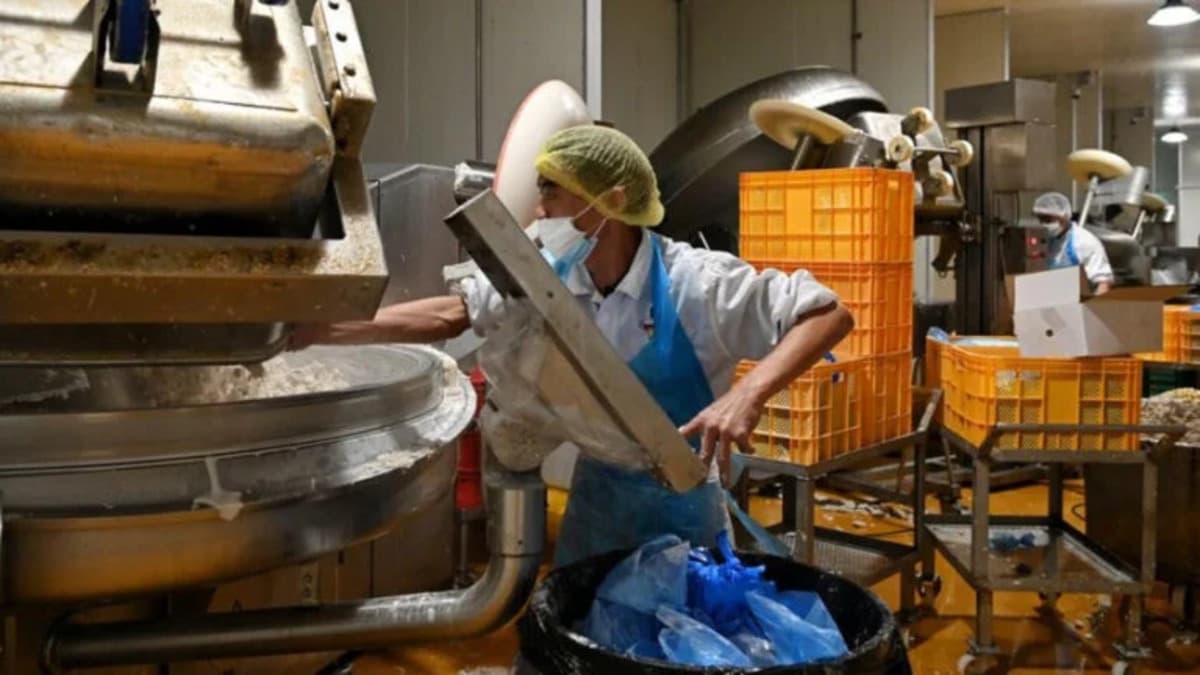
- MOM has received 120 reports of Training Employment Pass abuse in 2025, with investigations ongoing.
- TWC2 reported foreign workers being deceived into low-wage jobs despite promises of professional roles.
- Experts warn that lax oversight, social media advertising, and agent misconduct have fuelled systemic misuse of the TEP.
The workers, hailing from India, Bangladesh, and Myanmar, had paid between S$3,000 and S$5,000 in agent fees for promised professional roles. Instead, they were placed in food outlets, warehouses, cleaning services, and tour coach agencies.
According to TWC2, some were made to start work before their passes were formally issued, while others had their TEP approvals delayed for weeks. This enabled employers to extract up to four months of labour from a three-month pass.
The workers were reportedly forced into exhausting schedules of up to 14 hours daily, seven days a week. Although the TEP stipulates a minimum monthly salary of S$3,000, many received only S$1,600 to S$1,800.
In some cases, false or doctored payslips were produced to suggest full salaries had been paid. TWC2 said it had even documented instances where workers were not issued payslips at all.
Responding to queries from The Straits Times, MOM stated that about 6,800 TEPs are approved annually, largely in the services sector. Legitimate uses include clinical fellowships for foreign medical professionals and internships for trainee lawyers.
The ministry reiterated that the TEP is meant for professional, managerial, executive, or specialist training roles. It has pledged to step up enforcement and maintain the requirement for a minimum salary of S$3,000.
Industry experts said the scheme’s lack of quotas and levies makes it attractive for abuse. Human resources consultant Dr David Leong explained that some employers unwittingly enter into arrangements with agents, while others knowingly exploit workers by disguising labour as training.
Former MOM prosecutor Jason Chua stressed that the TEP was designed as a niche pass for training, not labour contributions. He noted that it is often confused with the Training Work Permit, which applies to semi-skilled roles and carries quotas and levies.
TWC2’s executive director, Ethan Guo, warned of ongoing exploitation. He cited social media content, including TikTok and YouTube videos, promoting the TEP as an easy way to bypass Singapore’s work pass restrictions.
Guo said some agents advised employers that the legal minimum salary could be ignored. “We even saw one instance where the pay slips were not even issued to or signed by the workers, but instead doctored digitally,” he told The Straits Times.
While MOM has not disclosed the outcomes of completed cases, it said it would continue to investigate and take enforcement actions against agents and employers found guilty of abuse.


